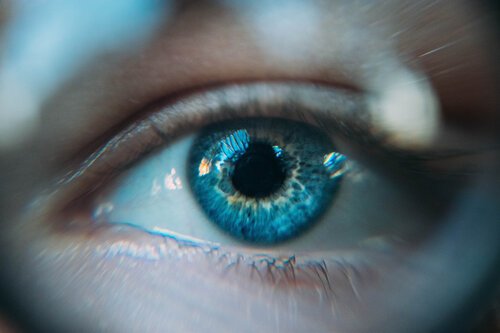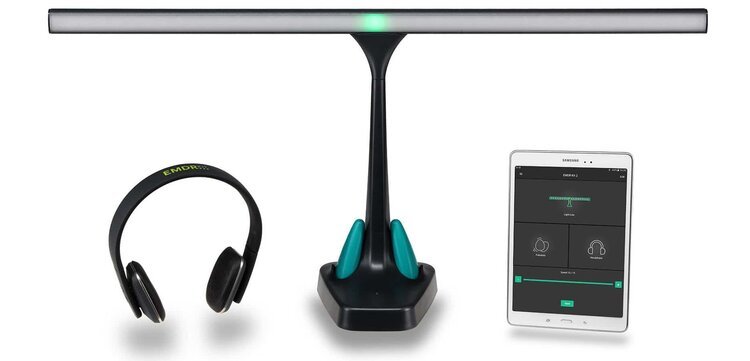EMDR Therapy
When a traumatic event occurs, it can overwhelm the brain’s natural ability to heal, which inhibits distressing memories from being processed. As a result of this, one moment can become ‘frozen in time’ and generate negative symptoms such as flashbacks, fear and anxiety.
As unprocessed memories contain the images, emotions, sensations and self-thoughts associated with the event, remembering the trauma may feel as bad as experiencing it for the first time. They can also significantly impact a person’s core beliefs about themselves and the world around them.

What is EMDR Therapy?
Eye Movement Desensitisation and Reprocessing (EMDR) Therapy helps to ‘unblock’ the brain’s processing systems, allowing it to desensitise the negative emotions, physical sensations and beliefs associated with distressing memories. When using EMDR, you don’t need to process every memory from when something unpleasant happened. Often the positive results generalise to other memories, once you’ve processed the biggest and strongest ones. EMDR can also still be effective when there is no specific memory to target or if the memory exists, but is vague and without detail.
What can I expect from an EMDR session?
An EMDR session can be tough. Your therapist will invite you to call to mind details from traumatic events that you wish to resolve whilst you are simultaneously exposed to bilateral stimulation (eye movements, tactile and auditory). Clients typically experience spontaneous associations of traumatic images, thoughts, emotions, and bodily sensations as their brain processes the traumatic memories. The aim is to desensitise the memory and integrate it into your standard biographical memories, which can also shift maladaptive beliefs you hold about yourself and the world around you.
At Next Chapter Health, we utilise a number of EMDR approaches. We have wireless EMDR equipment which allows for concurrent visual, auditory and tactile bilateral stimulation. We also utilise immersive EMDR app technology, enabling clients to experience EMDR on their phones in the counselling room or remotely, if appropriate.


